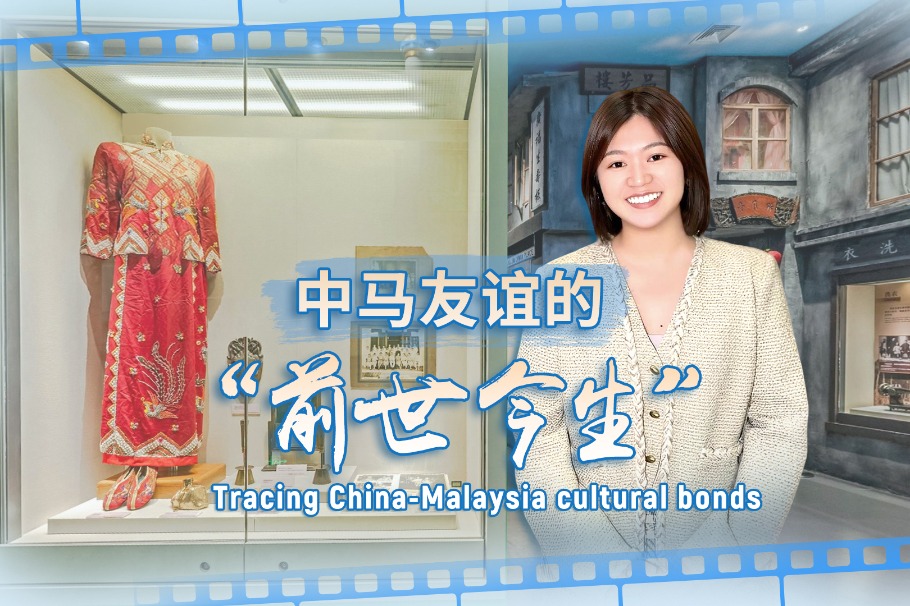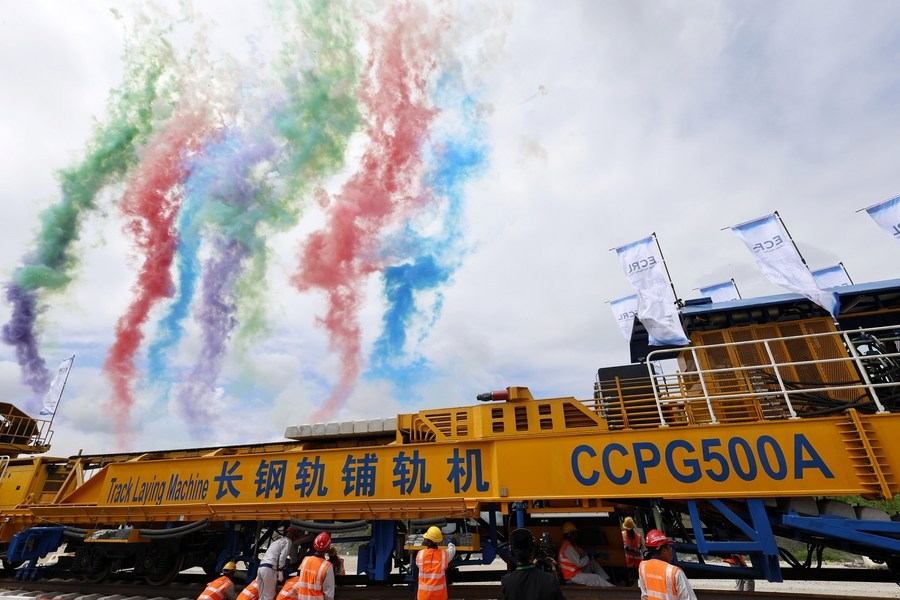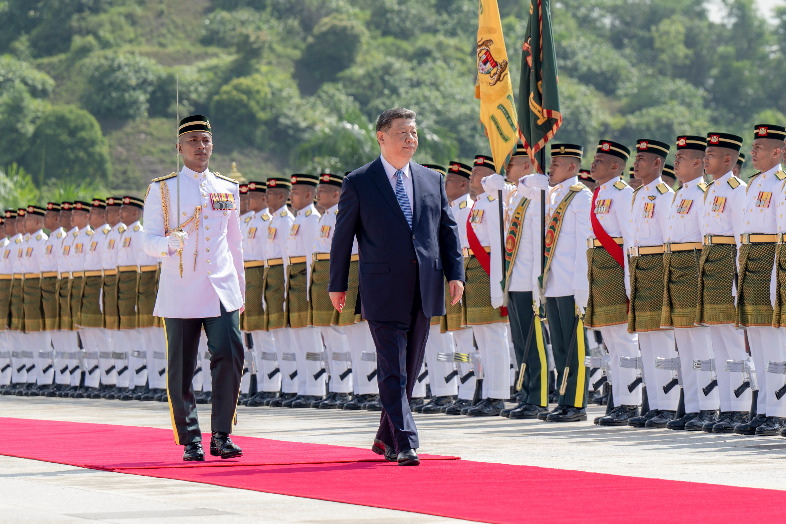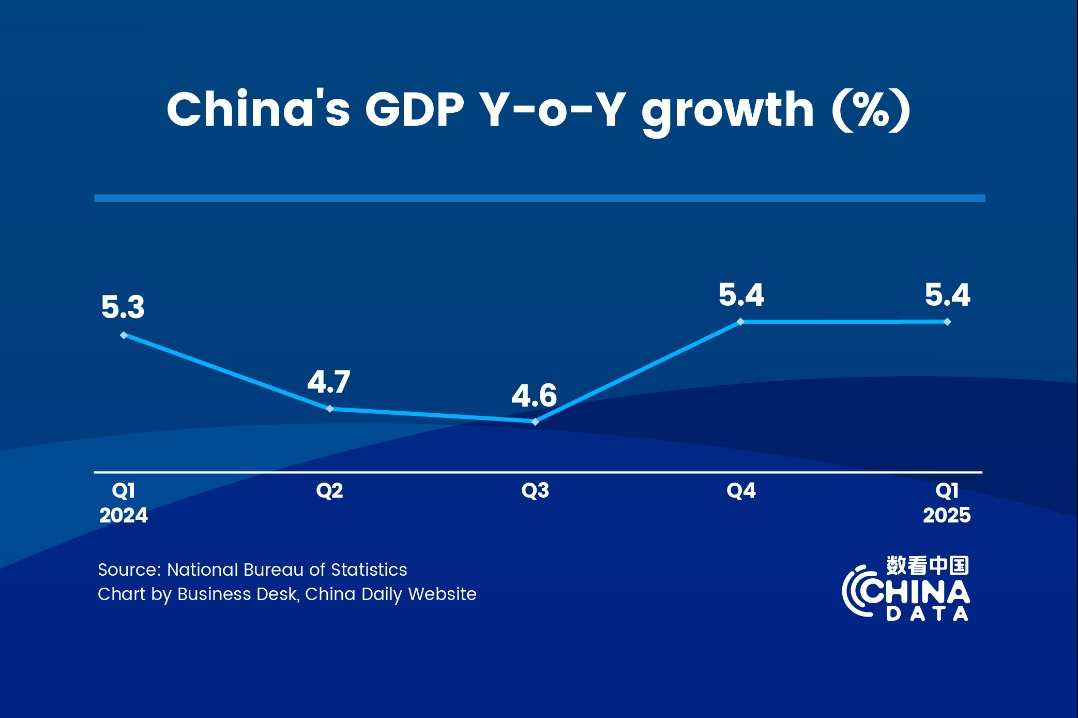Smart approach taken to boost sporting prowess

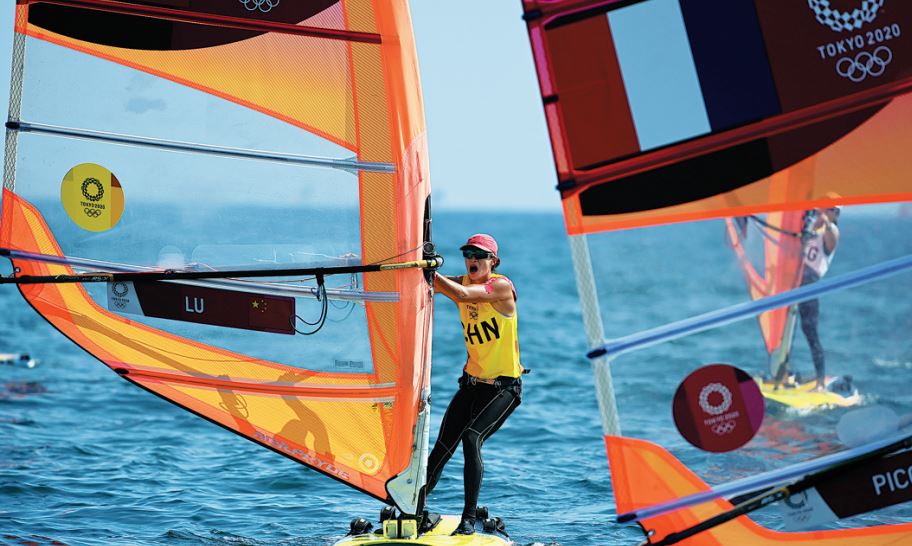
Progress made
In addition to technology, scientific research has been crucial.
Sprinter Su Bingtian, who set an Asian record of 9.83 seconds to become the first Chinese to reach an Olympic men's 100 meters final in Tokyo, published a paper in China Sports Science in 2019 with a total of five researchers from Jinan University in Guangzhou, Guangdong province, and the China Institute of Sport Science. They analyzed data from the men's 100 meters sprint with a case study of Su's performance.
"My (Su's) coach Randy Huntington uses data from (field lab) Omegawave, which takes measurements relating to an athlete's physiological condition, including speed and endurance, and takes into account what the athlete is experiencing, as the basis to arrange training load," the paper states.
After more than a year of targeted training that began in 2017, Su made significant progress with his physical performance, which he had previously struggled with. This proved to be a key driving force for his competitive breakthroughs, the paper adds.
Having trained athletes for more than two decades, Gao, from the support team for Tokyo 2020, has noticed a huge transformation in science support, led by more-comprehensive assistance that integrates services and research.
"For example, to improve the quality of an athlete's sleep, a science team member analyzes the reason for the competitor's insomnia before proposing solutions and following up, instead of just administering pills or nutrition supplements. Team members responsible for nutrition strategies are also required to familiarize themselves with athletes' training schedules and training load to offer a well-chosen diet," Gao said.
Moreover, cooperation between scientific research institutes and universities at home and abroad plays a role in training for the Olympics.
Gao said Shanghai University of Sport, for example, launched some 40 provincial-level research projects for the Tokyo Games, covering sports such as table tennis, badminton and basketball.
In addition, the university has worked to develop devices with Shanghai Jiao Tong University, Tongji University and the Chinese Academy of Sciences.














